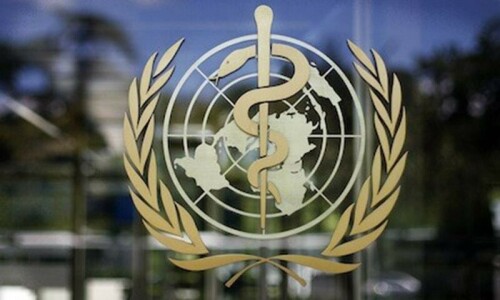The World Health Organization (WHO) has identified four major industries — tobacco, ultra-processed foods (UPFs), fossil fuels, and alcohol — as responsible for 2.7 million deaths annually in Europe, accusing them of obstructing public policies that could impact their profits.
“These four industries collectively claim the lives of at least 7,000 people in our region every day,” stated Hans Kluge, the director of WHO’s European region, which includes 53 countries, including Central Asia.
The concentration of these industries into a few multinational corporations has given them significant power to influence political and legal environments, hindering regulations that could affect their profits, the WHO stated in a report.
Industry tactics include targeting vulnerable populations with marketing strategies, misleading consumers, and making false claims about their products’ benefits or environmental impact, according to the report.
“These tactics endanger public health achievements of the past century and hinder countries’ efforts to achieve their health goals,” the report emphasized.
Industry lobbying is impeding efforts to address non-communicable diseases such as cardiovascular disease, cancer, and diabetes, the WHO noted.
Nearly 60 percent of adults and a third of children in Europe are overweight or obese, according to the WHO.
Recent data from 2017 indicated that one in five deaths from cardiovascular disease and cancer in Europe was linked to unhealthy diets.
The WHO called on countries to counter these trends by enforcing stricter regulations on the marketing of unhealthy products, monopolistic practices, and lobbying. “People’s well-being must always come before profits,” Kluge stressed.
The report, titled “Commercial Determinants of Noncommunicable Diseases in the WHO European Region,” can be accessed on the WHO website.




